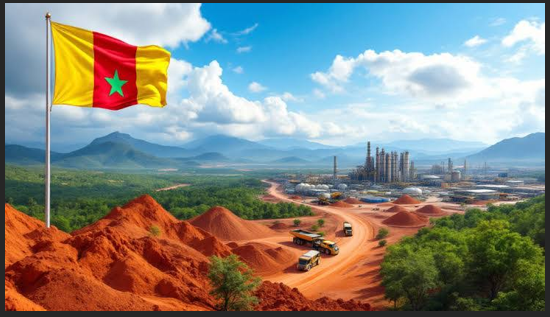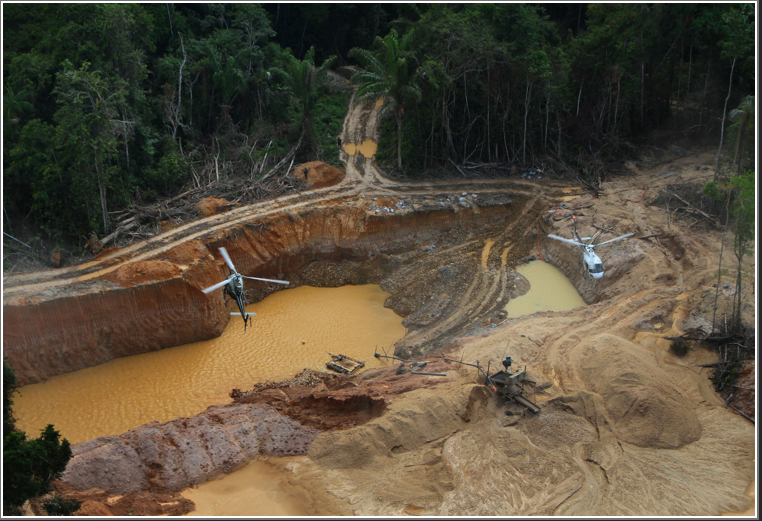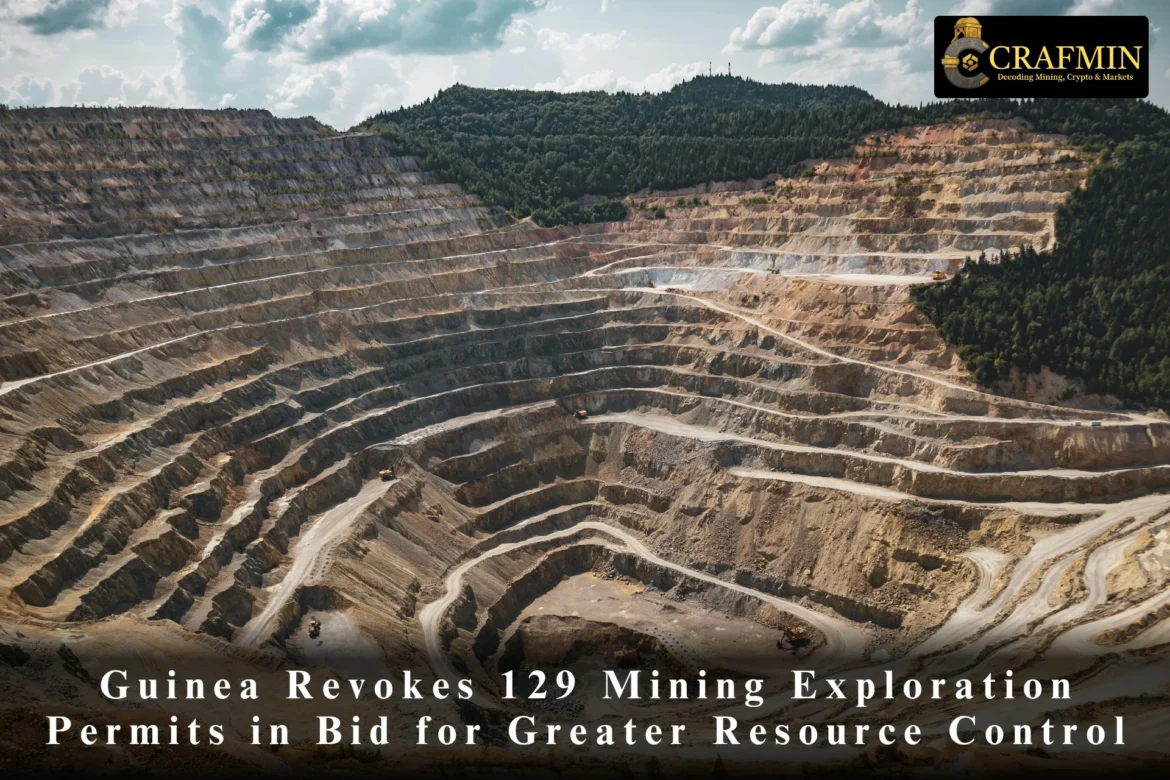
Guinea Cancels 129 Mineral Exploration Permits In Push To Tighten Resource Control
Guinea Revokes 129 Mining 129 mining exploration permits in a bold move to reform its mining sector, assert tighter control over its vast mineral wealth, and attract new waves of foreign investment. This landmark decision reflects a broader shift in the nation’s mineral policy, as the West African country seeks to reassert sovereignty over natural resources long influenced by international corporations and fragmented licensing systems.
A Nation Rich in Minerals, But Poor in Oversight

Guinea cancels 129 exploration permits, further tightening control
Guinea is one of the world’s richest countries in terms of mineral reserves. Home to significant deposits of bauxite (used to produce aluminum), iron ore, gold, and diamonds, the nation has long attracted the interest of global mining giants. However, decades of underregulation, political instability, and opaque permit systems have prevented Guinea from reaping the full benefits of its resources.
The latest move to revoke 129 mining exploration permits, many of which were associated with gold exploration, marks an aggressive pivot toward reform. The Ministry of Mines stated that this cancellation is part of a broader initiative to streamline the sector, improve transparency, and ensure that mineral assets are being developed in alignment with national interests.
Guinea Revokes 129 Mining : Why Were the Permits Cancelled?
According to government sources cited in multiple reports, including Reuters and regional media outlets, the revoked permits were either inactive, underutilized, or held by entities that had failed to comply with the terms set forth in their agreements. Some holders were accused of speculating on the land without concrete exploration activities, while others were allegedly using permits as financial leverage instead of contributing to the nation’s economy.
A senior official from the Ministry of Mines emphasized that the government had digitized the entire permit system. This modernization now allows for easier tracking, auditing, and regulation of mining concessions. “We have simplified it by digitizing the whole system, which can now be better controlled,” said the official.
A Strategic Move to Attract Investment
While at first glance the sweeping cancellation may seem like a risk to investor confidence, Guinea’s military government argues the opposite. By clearing out non-performing or speculative permits, the country aims to create room for more serious investors who are willing to develop mineral projects, comply with regulations, and contribute to Guinea’s long-term economic growth.
“We want credible actors in our mining sector—those who are ready to invest and develop,” said a representative from the Guinea Mining Ministry during a recent press briefing. The government has committed to launching fresh rounds of tenders for the now-available sites, with a focus on transparency and international best practices.
Digitization and Oversight: New Pillars of Guinea’s Mineral Policy
In addition to permit cancellations, Guinea has implemented a new digital system to monitor exploration and exploitation licenses. This is part of a broader effort to modernize the mining sector, improve governance, and reduce corruption. Through digitization, the Ministry of Mines aims to maintain accurate and publicly accessible records, allowing both citizens and investors to track the status and location of mining operations across the country.
The digitized platform is expected to improve data collection, enhance compliance monitoring, and simplify permit renewals. It also supports the government’s ambition to shift from a paper-based, bureaucratic system to one that encourages real-time accountability.
Implications for Foreign Investors
For foreign investors in Guinea’s mining sector, the revocation of exploration permits sends a strong message: perform or risk losing your license. While some companies may interpret this as increased regulatory risk, others view it as a long-overdue measure to professionalize and stabilize the investment climate.
Guinea’s mineral wealth is vast and largely untapped. With global demand for bauxite, iron ore, and gold on the rise—especially in the context of green technologies and infrastructure—Guinea remains a high-potential frontier for investors. The government’s emphasis on compliance, modernization, and performance could ultimately result in a more secure and predictable investment environment.
Balancing Reform and Stability
Since taking power in a 2021 coup, Guinea’s military leaders have walked a tightrope between domestic governance reforms and maintaining global investor interest. The revocation of mining licenses forms part of a wider push to restructure several economic sectors, including agriculture, infrastructure, and public procurement.
However, the government must also ensure that the current policy drive does not create uncertainty that scares off long-term investors. Clear communication, transparency in the reallocation of permits, and strong enforcement of contract terms will be crucial to avoiding the perception of arbitrary rule.
National Resource Control and Sovereignty
This recent move fits into a broader narrative seen across many resource-rich African nations: the desire to assert more national control over extractive industries. Guinea is joining countries like the Democratic Republic of Congo and Tanzania, which have also sought to renegotiate mining contracts, increase state revenues, and localize supply chains.
By regaining ownership of underutilized or misused permits, Guinea is effectively reclaiming its right to dictate how its resources are used and by whom. This shift is especially timely as African countries seek to assert themselves in global value chains, particularly in critical minerals essential to the global energy transition.
Also Read: President Trump Backs Push for United States to Hold One Million Bitcoin
What Comes Next?
As Guinea prepares to reissue the revoked permits, the coming months will reveal much about the country’s capacity to manage reforms effectively. Investors will closely watch how the bidding processes are conducted, whether previous holders are allowed to reapply, and how the government handles legal disputes or appeals.
In the long run, if implemented with transparency and consistency, Guinea’s mineral reforms could mark a turning point for a country that has long struggled to leverage its resource wealth for sustainable development.
Conclusion: A Calculated Gamble for Long-Term Gains
Guinea’s mass revocation of mining permits is both a calculated gamble and a potential game-changer. By prioritizing accountability, resource optimization, and genuine investment over speculative ownership, the military government is signaling a new era in its mineral governance. With digitization and regulatory reforms leading the charge, Guinea may yet transform its mining sector from one of Africa’s sleeping giants into a model of resource-driven development.

